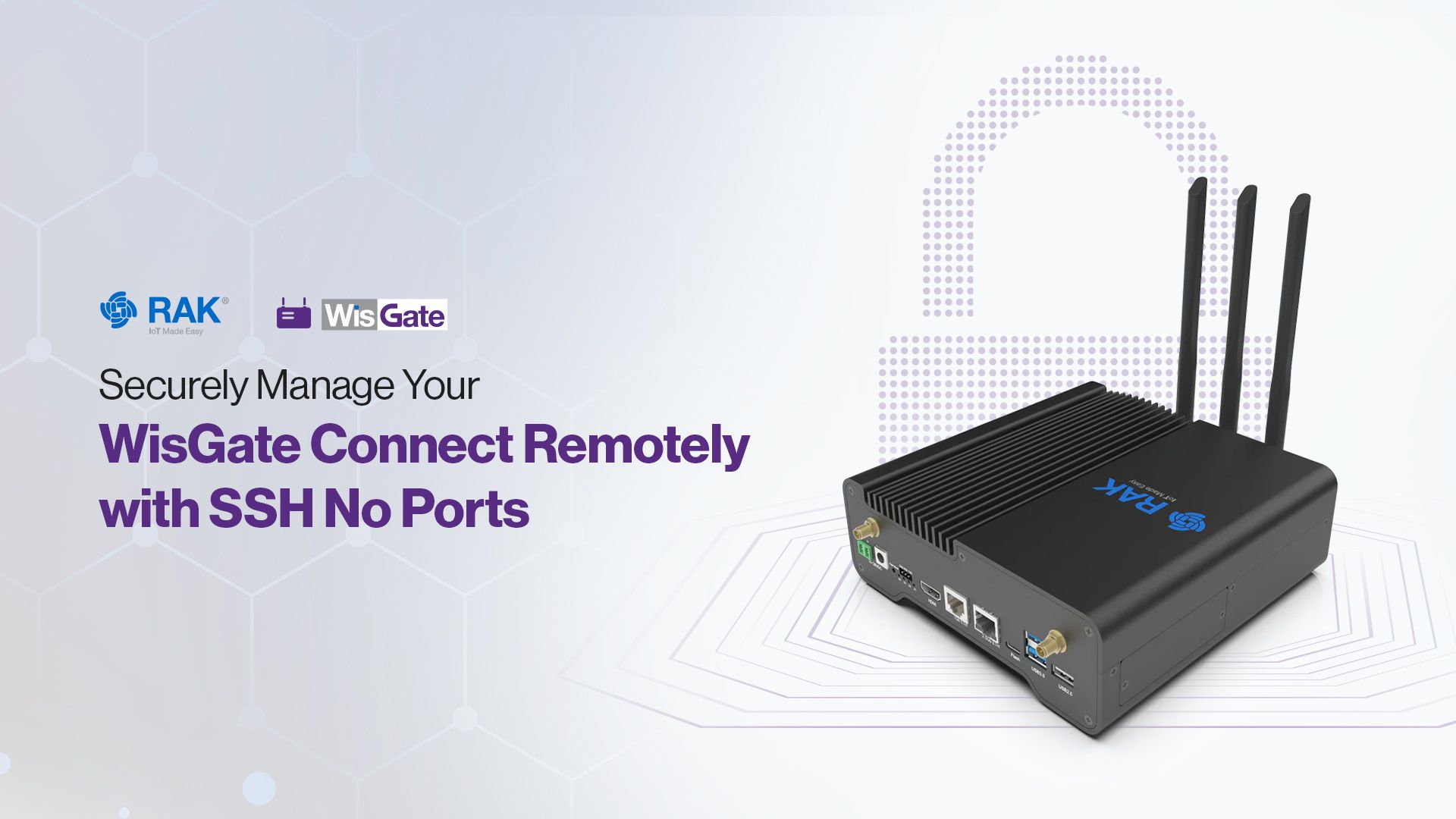Mastering Secure IoT P2P Connections On Windows 10
As our world grows more interconnected, ensuring secure communication between devices is absolutely crucial. The ability to establish rock-solid peer-to-peer (P2P) connections for remote IoT (Internet of Things) devices is a game-changer, especially for those using Windows 10. This guide walks you through setting up secure, efficient, and completely free connections for your IoT devices.
In today’s tech-driven world, IoT devices have become an integral part of our lives, from smart homes to cutting-edge industrial automation. However, these devices need secure and dependable connections, especially when they're operating from afar. Knowing how to create a secure P2P connection isn’t just helpful—it’s essential for protecting your data and privacy.
This article is packed with practical steps, insider tips, and top-notch tools to help you securely connect your remote IoT devices using P2P technology on Windows 10, all without spending a dime. Whether you're a tech-savvy enthusiast, a small business owner, or just someone looking to beef up your cybersecurity, this guide has everything you need to get started.
Read also:Clearing The Air The Truth About Chris Evans And Online Misinformation
Table of Contents
- Diving Into Remote IoT P2P Connections
- Why Security Matters in IoT P2P Connections
- How Windows 10 Powers IoT P2P Connections
- Top Free Tools for Secure IoT Connections
- A Step-by-Step Guide to Secure Connections
- Fixing Common Connection Issues
- Best Practices for Safeguarding Your Network
- Privacy in the Age of IoT P2P
- What’s Next for IoT P2P Technology?
- Wrapping It All Up
Diving Into Remote IoT P2P Connections
P2P networking isn’t exactly new, but its role in IoT has skyrocketed in recent years. P2P allows devices to talk directly to each other without needing a central server, cutting down on delays and boosting efficiency. For remote IoT devices, this means they can stay connected and communicate smoothly, even when they're spread out across different locations.
Understanding IoT Devices
IoT devices come in all shapes and sizes—from basic sensors to advanced machines that need constant connectivity. These gadgets depend on secure communication channels to send and receive data accurately and reliably. Making sure these devices can connect securely, especially in a P2P setup, is key to keeping everything running smoothly.
Why P2P Makes Sense for IoT
- Less dependence on central servers
- Faster data transfer speeds
- Stronger security through decentralized communication
- A cost-effective way to stay connected remotely
Why Security Matters in IoT P2P Connections
When it comes to IoT devices, especially in P2P networks, security is non-negotiable. Without the right safeguards, sensitive data can be intercepted, leaving you vulnerable to breaches and unauthorized access. Securing your IoT P2P connections ensures your devices are protected from the ever-growing list of cyber threats.
Common Security Threats
Here are some of the most common security threats you might face in IoT P2P networks:
- Data interception
- Malware injections
- Unauthorized access
- Denial-of-Service (DoS) attacks
How Windows 10 Powers IoT P2P Connections
Windows 10 is a powerhouse when it comes to IoT applications, making it the perfect platform for setting up secure P2P connections. With its advanced security features and compatibility with various IoT protocols, it's no wonder so many users turn to Windows 10 for their remote device needs.
Key Features of Windows 10 for IoT
- Next-level encryption protocols
- Support for a wide range of communication standards
- Built-in firewall and antivirus solutions
- Regular security updates to keep you protected
Top Free Tools for Secure IoT Connections
There are plenty of free tools out there that can help you set up secure P2P connections for your IoT devices on Windows 10. These tools are designed with features that not only enhance security but also make the setup process as simple as possible.
Read also:Oak Island The Thrilling Quest For Buried Secrets
Recommended Tools
- OpenVPN: A go-to open-source tool for secure network connections
- WireGuard: Known for its simplicity and high performance
- Tailscale: Offers seamless P2P connectivity with top-tier encryption
A Step-by-Step Guide to Secure Connections
Setting up a secure P2P connection for your IoT devices on Windows 10 may sound intimidating, but with the right steps, it’s totally doable. Here’s a detailed guide to walk you through the process:
Step 1: Get Your Devices Ready
Before diving in, make sure all your IoT devices are P2P-ready and have the latest firmware updates installed. This step is critical for ensuring stability and security throughout the setup process.
Step 2: Install the Right Software
Download and install a reliable P2P tool on your Windows 10 machine. For example, WireGuard can be installed directly from its official website. This tool will be the backbone of your secure connection.
Step 3: Configure Your Connection
Follow the configuration instructions provided by the tool you’ve chosen. This usually involves setting up encryption keys, tweaking network settings, and testing the connection to make sure everything is working smoothly.
Fixing Common Connection Issues
Even with careful planning, issues can pop up when connecting IoT devices in a P2P network. Here are some common problems and how to tackle them:
Connection Failures
Double-check that all devices are properly configured and ensure there are no firewall rules blocking the connection. Sometimes, it’s the little things that trip you up.
Data Transfer Issues
Take a closer look at your network settings and confirm that your bandwidth can handle the amount of data being transferred. Slow or inconsistent speeds could be a sign of bandwidth issues.
Best Practices for Safeguarding Your Network
Adopting best practices is the key to keeping your IoT P2P network secure. Here are some tips to help you stay ahead of potential threats:
- Keep your devices and software up to date with the latest patches and updates
- Use the strongest encryption protocols available
- Monitor your network activity for any suspicious behavior
- Restrict access to authorized users only
Privacy in the Age of IoT P2P
Privacy is a top concern when dealing with IoT devices. It’s crucial to ensure that personal data is handled responsibly and securely within a P2P network.
Data Encryption
Always encrypt the data being transmitted between devices to prevent unauthorized access. This simple step can make a world of difference in protecting your information.
User Consent
Before collecting and processing data, make sure you have user consent and comply with relevant privacy laws and regulations. Transparency is key to building trust with your users.
What’s Next for IoT P2P Technology?
The future of IoT P2P technology is looking brighter than ever. Advancements in artificial intelligence, blockchain, and quantum computing are set to revolutionize security and efficiency. These innovations promise to bring even more robust and secure P2P networks for IoT devices.
Blockchain Integration
Blockchain technology offers a decentralized way to secure P2P connections, making it an exciting prospect for the future of IoT applications. Imagine a world where every device is part of a secure, trustless network—blockchain could make that a reality.
Wrapping It All Up
Securing remote IoT P2P connections on Windows 10 is not only possible but also essential in today’s interconnected world. By following the steps in this guide and adopting best practices, you can ensure your devices are protected while maintaining smooth, efficient communication.
So, what are your thoughts? Have you tried setting up a secure P2P connection for your IoT devices? Share your experiences and insights in the comments below. And while you're at it, check out some of our other articles for even more tips on IoT and cybersecurity. Together, let’s build a safer, smarter digital future!
Article Recommendations


